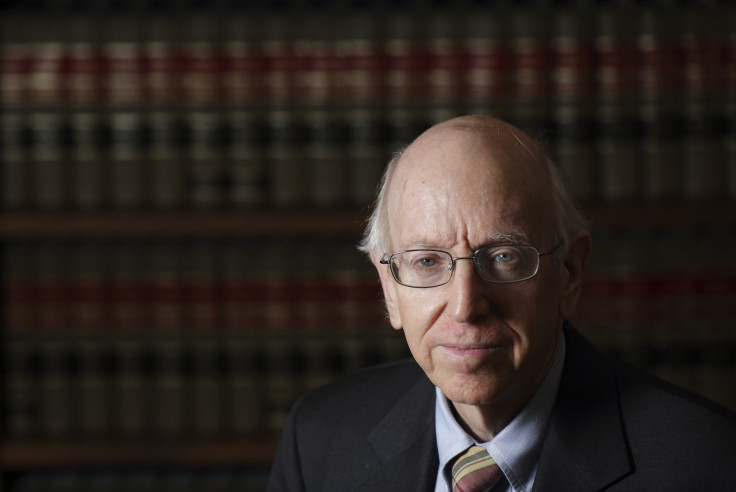LGBT Rights: Is Sexual Orientation In The Workplace Protected By Civil Rights Laws?

A federal appeals court Tuesday added sexual orientation to the list of things protected by Title VII of the Civil Rights Act of 1964.
The 7th U.S. Circuit Court of Appeals in Chicago, sitting en banc, ruled 8-3 discrimination based on sexual orientation is sex discrimination, overturning .
The decision reversed a district court dismissal of a case filed in South Bend, Indiana, by Kimberly Hively against Ivy Tech Community College of Indiana, which declined to hire her full-time and then declined to renew her part-time contract.
Read: More LGBT Americans Self-Identifying As Lesbian, Bisexual, Gay Or Transgender
Hively said the school discriminated against her because she is a lesbian. U.S. District Judge Rudy Lozano dismissed her claim, ruling Title VII prohibits discrimination on race, color, religion, sex and national origin, but not sexual orientation.
Writing for the majority, Chief Appellate Judge Diane Pamela Wood said the U.S. Supreme Court already has said sexual orientation cannot be categorically excluded from Title VII protections.
Read: 2020 Census To Ignore Sexual Orientation, Gender Identity Questions
“Today’s decision must be understood against the backdrop of the Supreme Court’s decisions, not only in the field of employment discrimination, but also in the area of broader discrimination on the basis of sexual orientation,” Wood wrote, noting the court came down on the side of same-sex marriage in challenges to the Defense of Marriage Act.
“It would require considerable calisthenics to remove the ‘sex’ from ‘sexual orientation.’ “
Lambda Legal hailed the decision.
Hot damn! We won #Hively!! BREAKING full #7thCircuit: Sexual orientation is covered by #TitleVII! Go Team @LambdaLegal! pic.twitter.com/TyI2PlD3vJ
— Eric Lesh (@EDLesh) April 4, 2017
The ruling “sends a clear message to employers: It is against the law to discriminate on the basis of sexual orientation,” Gregory Nevins told the Columbus, Indiana, Republic.
Hively told the Associated Press it is time “to stop punishing people for being gay, being lesbian, being transgender. It’s 2017 and all classes should be protected.”
In a concurring opinion, Appellate Judge Richard Posner said the definition of sexual discrimination has evolved since the Civil Rights Act was adopted. He said failure to recognize discrimination based on sexual orientation is a form of sex discrimination “would make the statute anachronistic, just as interpreting the Sherman Act by reference to its 19th century framers’ understanding of completion and monopoly would make the Sherman Act anachronistic.
“We now understand that homosexual men and women [and also bisexuals, defined as having both homosexual and heterosexual orientations] are normal in the ways that count.”
In her dissent, Appellate Judge Diane S. Sykes said the majority opinion jettisons the idea that discrimination based on sexual orientation is a distinct form of discrimination. She said adding sexual orientation to the Title VII prohibitions should be done legislatively, not by the court.
The Equal Employment Opportunity Commission already considers sexual discrimination prohibitions applicable to sexual orientation even though Congress has declined to specifically add those words to Title VII.
© Copyright IBTimes 2024. All rights reserved.






















